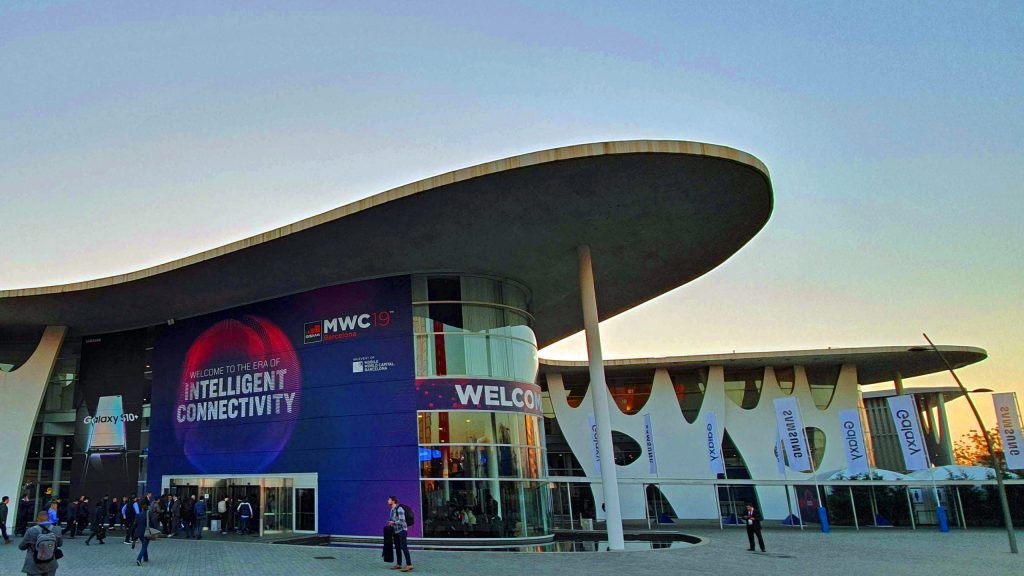We’re one day away from the official launch of GSMA’s MWC 2023 (Mobile World Congress), the biggest mobile technology show of the year. This is the second year back to an in-person format, following 2022’s show after a quiet 2021 and a cancelled show in 2020 – one guess as to why.
Before the disruption, MWC had become the show to attend for mobile tech companies, who often saved their biggest (and best) announcements for the coveted Barcelona stage. Even with a return to physical events, these days the big mobile tech players mostly opt to host their own events. Why share the attention when you can have it all to yourself?
Expect the regulars at MWC

That’s not to say this year’s exhibitor list is barren of big names. Samsung, Huawei, Xiaomi, Honor, Oppo/OnePlus, HMD (flying the Nokia banner), HTC, Lenovo and Motorola are all set to attend MWC 2023 and exhibit something or other.
For Samsung and Oppo/OnePlus, that’s not going to be flagship devices. Both companies have already launched their 2023 flagships, so we don’t expect anything newsworthy from either. Unless that concept phone from OnePlus is as exciting as the company wants you to think it is. But even then, it probably won’t be coming to South Africa.
Unlike Honor’s new Magic 5 flagship series and its ‘new’ folding Magic Vs. Those are a lot more likely to head our way eventually. We were rather impressed with the Magic 4 Pro last year, so we’re keen to see how the smartphone maker has used its time since splitting from parent company Huawei. We also firmly believe that healthy competition is good news for consumers. If Honor announces its new Magic 5 devices and a wider rollout for its foldable Magic Vs at MWC like we think it’s going to, Samsung’s grip on the local foldable market could weaken considerably.
Read More: WTF MWC: The most disappointing things to turn up at Mobile World Congress
Like Honor’s Magic Vs, Xiaomi is set to also dust off its presentation slides and reannounce its Xiaomi 13 series. They were announced in China towards the end of last year but the Chinese company are likely to announce wider availability for their flagship range.
Other than smartphones and maybe a laptop or two, we’re sure at least one company will have something to say about the trend towards existing (and working, if Zuck gets his way) in a virtual world. HTC seems to have switched gears again, just as fast as it pivoted to blockchain and cryptocurrencies, and is now focused almost entirely on its own Vive VR platform. Its last few smartphones didn’t do that well, so maybe that’s for the better. Unless it’s planning another metaverse phone, or something equally dumb.
Don’t expect Apple to join them at MWC and announce its long-awaited XR headset, that’s supposedly coming in June.
Getting down to (mobile) business
MWC isn’t only for consumer hardware makers. Companies such as Arm (the chip maker, not the South African mining company), Intel, MediaTek, Qualcomm, Google, and Microsoft will be attending in some form. Whether that’s to announce something or hold discussions about the current or future state of the mobile industry, we’re not sure yet.
Qualcomm probably won’t have much to say, having only recently announced its latest crop of chips. The Snapdragon X35 and X75 are the company’s latest. The former will offer 5G capabilities to wearable devices, not that they really need it. The latter is aimed at smartphones and will offer Qualcomm’s newly-announced satellite communications technology along with WiFi 7 support for whenever that materialises.
We’d also be willing to bet that at least one of the companies in attendance will announce something to do with AI and how they’re using it to make our lives better. Even if it doesn’t happen this year, with all the fuss around the topic over the last few months, we think it’ll be too tempting to resist at least discussing how it relates to and affects the mobile industry.




